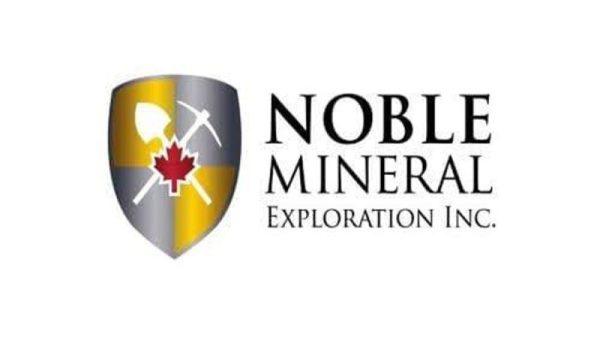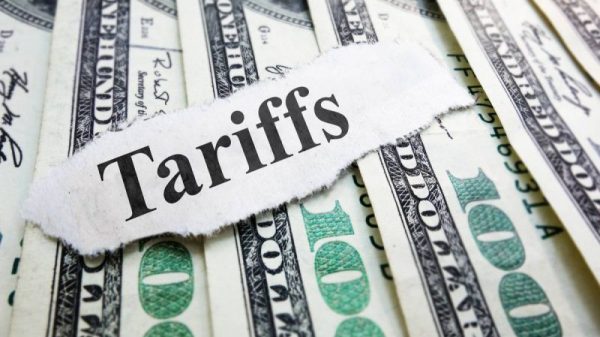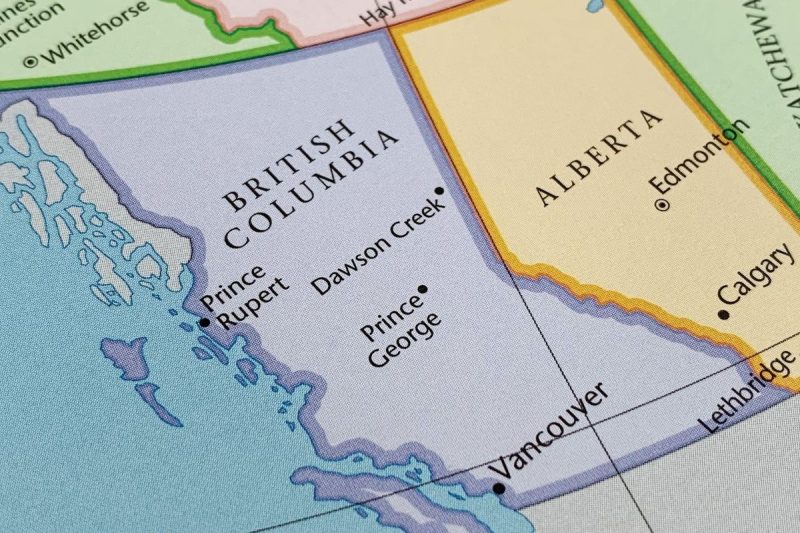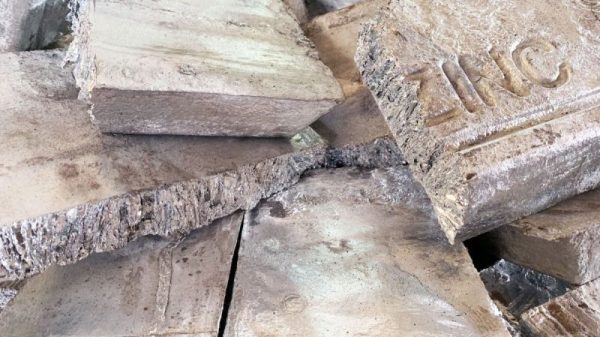Although the final ballot was cast on October 19, BC’s 43rd provincial election was so close in several ridings that a tally of 22,000 absentee ballots was needed to decide the winner.
With 47 seats required in provincial parliament to form government, incumbent David Eby and the New Democratic Party (NDP) narrowly took control. The Conservative Party won 44 seats, and the Green Party holds two seats.
While Conservative Party leader John Rustad has conceded and Eby has claimed victory, a judicial recount is planned for Surrey-Guildford and Kelowna Center, two ridings with very close tallies.
‘Today, I met with Lieutenant Governor Janet Austin. She has asked me to form the next government. We will, and we will work hard every day to earn the trust you have placed in us,” wrote Eby.
‘People want their elected representatives to deliver results,’ he continued. ‘With renewed determination, we will build on the progress we’ve made to reduce daily costs like car insurance and childcare, hire thousands of health care workers and get you a family doctor, deliver homes you can afford, and make sure our economy works for everyone — not just those at the top. There is so much more work to do to lighten the load for people.’
What does BC’s election mean for the mining industry?
In late September, the NDP and the Conservative Party shared their proposed plans for the province’s mining sector, presenting contrasting visions for resource development in the region.
The NDP platform focuses on expanding BC’s critical minerals sector with streamlined permits, a Critical Minerals Office, clean energy infrastructure and strong Indigenous partnerships to ensure sustainable, community-oriented growth.
Meanwhile, Rustad’s Conservatives criticized the NDP’s ‘excessive red tape’ and lack of rural investment, proposing instead to reduce regulatory barriers, accelerate permitting and invest in infrastructure.
The plans to revise permitting measures drew ire from the province’s Indigenous community, particularly the Conservative Party’s plans to “repeal the Declaration on the Rights of Indigenous Peoples Act (DRIPA)”.
In a statement released in early October, the Tŝilhqot’in National Government denounced the Conservative Party’s proposed plans, citing potential threats to the environment in BC.
“The path that the BC Conservatives has outlined for British Columbia is a path of conflict on the land and in the courts. DRIPA is an essential framework to hold B.C. to international laws and standards, to implement the human rights of Indigenous peoples in B.C., and to resolve long-standing conflicts in this Province based on recognition and respect, in a manner that benefits all British Columbians,” the document reads.
The Tŝilhqot’in National Government represents the Tŝilhqot’in people, a nation of six communities across Tŝilhqot’in (Chilcotin) territory in BC. The Tŝilhqot’in hold a unique legal status in Canada as the only nation with a court-recognized Aboriginal title, established through the landmark Tsilhqot’in Nation vs. BC case.
“The BC Conservative platform also seeks to streamline resource project permitting, favoring efficiency and simplicity over meaningful engagement and environmental oversight,” the release further explains, also noting that Indigenous communities stand to face the most impact from resource extraction and potential fast tracking.
In recent years, Indigenous communities in BC have raised significant concerns over mining regulations that allow companies to stake mineral claims on traditional territories without prior consultation or consent.
Historically, under BC’s Mineral Tenure Act, companies could stake claims for minimal fees, often online with no notification to First Nations. This has led to a proliferation of claims in Indigenous lands, impacting environmental stewardship and cultural sites.
Communities like the Gitxaała Nation have challenged these practices in court, seeking stronger rights over land use decisions. In a 2023 case, the Supreme Court of BC ruled that the government must consult with First Nations before approving mineral claims, a decision that marks a step forward, but falls short of the full consent many Indigenous groups have advocated for under the UN Declaration on the Rights of Indigenous Peoples.
Despite the ruling, the court did not halt existing claims.
While BC’s Indigenous communities await more land use oversight and clarity, the United Steelworkers Union issued a statement on Monday (October 28) supporting both leading parties.
‘Both the NDP and Conservatives promised more-efficient permitting in the sector, investments in rural infrastructure, working with First Nations and building BC as a critical mineral hub,” wrote Scott Lunny, director for the United Steelworkers District 3. He also tipped his hat at the NDP’s resource platform.
“It looks like a coalition in the making. Although, since the NDP also promised to ‘maintain environmental and safety standards’ and create new ‘union-led training programs to help workers keep pace with the changing nature of mining,’ they get a couple of extra check marks on my scorecard,” he added.
A 2024 report from the Mining Association of BC pegs the value of 16 development-stage critical minerals mines in the province at C$24.8 billion over an average mine life span of 24.1 years.
Investing in critical minerals is seen as an essential step for BC as the move will leverage the province’s advantages across the supply chain, including recycling electric vehicle batteries at facilities like Teck Resources’ (TSX:TECK.A,TSX:TECK.B,NYSE:TECK) Trail smelter in Southern BC.
Securities Disclosure: I, Georgia Williams, hold no direct investment interest in any company mentioned in this article.

























